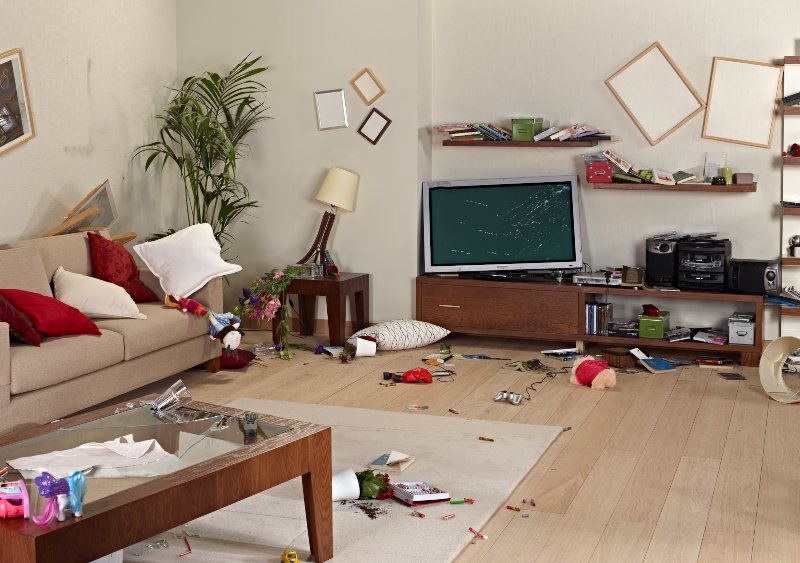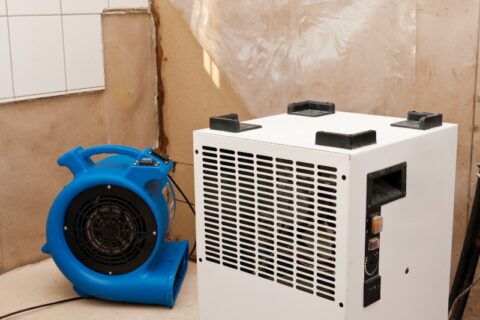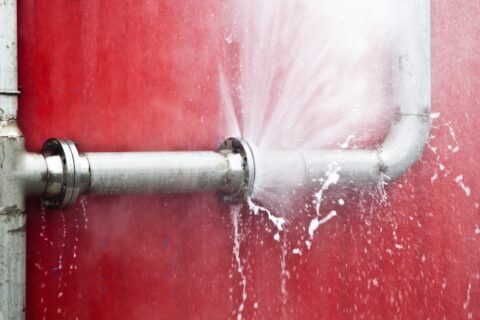How Earthquakes Cause Damage to Your Home

One of the most destructive forces of nature is an earthquake. In just a matter of seconds, an earthquake can cause extensive damage to your home, which can cost thousands of dollars to repair. Here’s a look at how earthquakes cause damage to your home and some of the common types of damage that can occur.
Ground Shaking and Movement
The first thing to understand is that it’s not the actual earthquake that causes the damage, but rather the shaking and ground movement that occurs during an earthquake. This shaking and movement can cause all sorts of damage, from cracks in walls and foundations to the complete collapse of buildings. Even small earthquakes can cause significant damage if they occur close to your home.
Direct Damage and Indirect Damage
There are two main ways that earthquakes cause damage to your home: direct damage and indirect damage. Direct damage occurs when the shaking from an earthquake damages your home, while indirect damage happens when things like falling debris cause damage to your home.
Cracking
One of the most common types of direct damage is cracking. This can occur in both the foundation and walls of your home. Cracks can also occur in ceilings and floors. In some cases, these cracks can be repaired, but in other cases, they may require more extensive repair or even replacement.
Complete Collapse
Another common type of direct damage is a complete collapse. This is often the most destructive type of damage that can occur during an earthquake, as it can destroy a home. Collapses can happen when the shaking from an earthquake is too strong for the home’s foundation to support, or when buildings are not built properly to withstand the force of an earthquake.
Falling Debris
Indirect damage is often caused by falling debris. This can include things like power lines, trees, and even pieces of buildings that fall during an earthquake. This type of damage can be just as destructive as direct damage, and in some cases, it can be even more difficult to repair.
Protect Your Home
While earthquakes can cause a lot of damage to your home, there are some things you can do to help protect your home from this type of natural disaster. First, you should make sure that your home is built properly and up to code. This means that it should be able to withstand the force of an earthquake. You should also have your home inspected regularly to make sure that there are no cracks or other damage that could cause your home to collapse during an earthquake. Earthquake insurance is one way to financially protect yourself if you experience earthquake damage.
Have an Emergency Plan in Place
Lastly, you should have an emergency plan in place in case an earthquake does occur. This plan should include things like having a safe place to go, having a list of emergency contacts, and having a supply of food and water. By following these tips, you can help to protect your home from the destructive force of an earthquake.
Have Earthquake Damages? Contact a Professional Restoration Company!
Pacific Flood Restoration is a professional water damage restoration company specializing in helping homeowners recover from earthquake damage. We have a team of experienced and certified technicians who are experts in repairing earthquake-related damage, including:
We understand that dealing with the aftermath of an earthquake can be overwhelming, which is why we offer emergency restoration services to help you get your life back to normal as soon as possible. Contact us today to learn more about how we can help you recover from earthquake damage.


